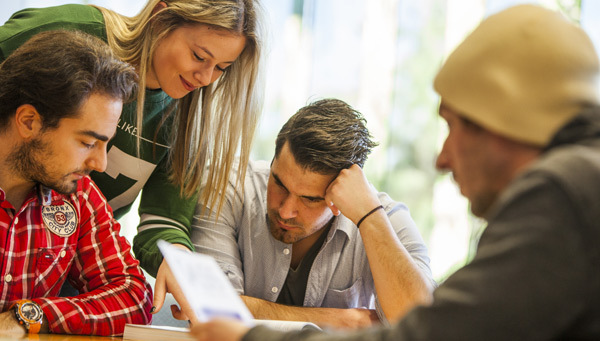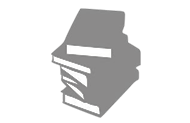
The Liberal Education program is part of each and every undergraduate major at Deree and is required of all students pursuing an ACG undergraduate degree. Generally students begin their studies at Deree by enrolling in Liberal Education courses as well as a few major courses.
Note: Courses designated as BL or OL are not approved for students who are eligible for US Federal Financial Aid.
Mission
A vital component of the undergraduate experience, the Liberal Education program prepares students to become globally engaged twenty-first century citizens with the knowledge, intellectual habits, practical skills, and socio-cultural sensibilities needed in a rapidly changing world. Liberal Education helps students develop essential competencies for success across disciplines and in life beyond college by cultivating open mindedness, tolerance, problem-solving ability, intellectual curiosity and creativity. It also promotes thoughtful self-expression, an ethical compass, and responsibility to the local and global communities.
Competencies and Learning Outcomes
- Communication and Information Literacy
- Demonstrate effective verbal (writing, speaking and listening) and nonverbal communication skills.
- Retrieve, critically evaluate and synthesize information adhering to legal and ethical practices.
- Show knowledge of the stages needed from draft to final text or presentation using proper documentation and citation.
- Demonstrate a mastery of the basic skills in information technology.
- Social Responsibility and Civic Engagement
- Discuss issues of identity and inclusion.
- Explain different dimensions of sustainability and how it relates to one’s discipline.
- Discuss ways of responsible civic engagement.
- Engage in activities that serve the needs of the local and global community.
- Evaluate elements of Greek society that reflect Greek cultural values and the desirability to maintain or change such values so that Greek society can succeed in a new interdependent environment without losing its identity.
- Cultural and Global Perspectives
- Discuss world history or sociocultural traditions from different perspectives.
- Describe diverse worldviews, ideas, institutions or artistic expressions manifest in varied contexts globally.
- Demonstrate understanding of the workings of Greek, American and European social, political and economic systems and trace the geographical and historical factors that shape these systems.
- Evaluate perspectives on cultural diversity.
- Ethics and Values
- Explain the importance of values in our venture to understand the world.
- Identify ethical issues in different contexts, especially in one’s major course of study.
- Discuss ideologies and ethical principles upheld by different cultures and co-cultures.
- Describe different approaches through which ethical dilemmas may be examined and resolved.
- Aesthetic Expression
- Discuss the main themes, symbols, and means of expression in various art forms.
- Demonstrate ability to create or recreate aesthetic works that reflect knowledge of the artistic process and awareness of self, social and stylistic contexts.
- Reflect on the outcomes of an artistic work.
- Discuss the value of diversity in creative approaches in the visual, verbal and performing arts.
- Scientific and Quantitative Literacy
- Describe major concepts, principles, laws and theories in mathematics and the natural sciences.
- Discuss the impact of science and technology on the individual, society, and the physical environment.
- Apply scientific and mathematical methods and principles in making informed decisions in various disciplines.
- Demonstrate practical and processing skills associated with natural sciences, mathematics and technology.
- Integration
- Synthesize concepts learned in the Liberal Education program with major concepts in one’s academic major.
- Evaluate theoretical and practical knowledge included in Liberal Education competencies in the context of academic and professional enhancement.

